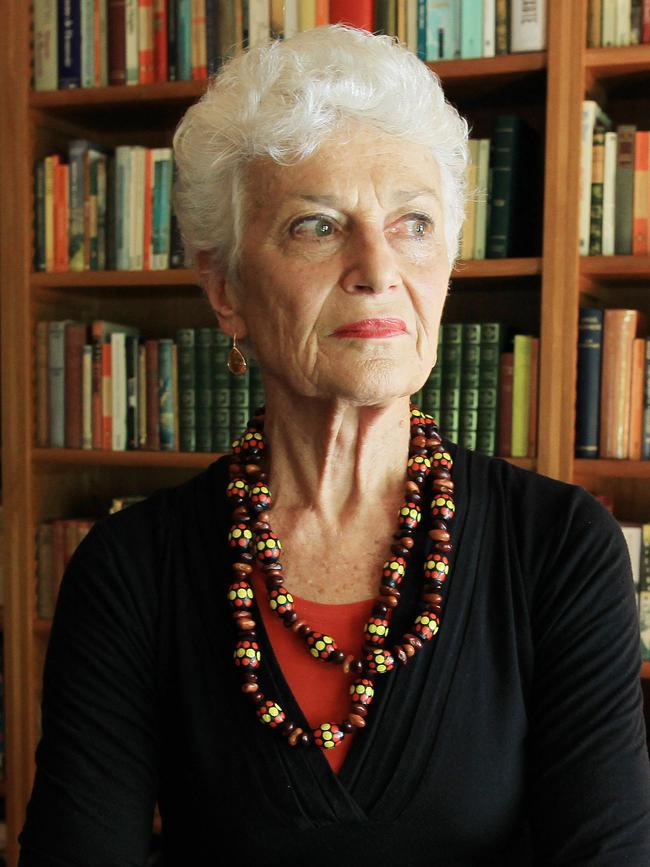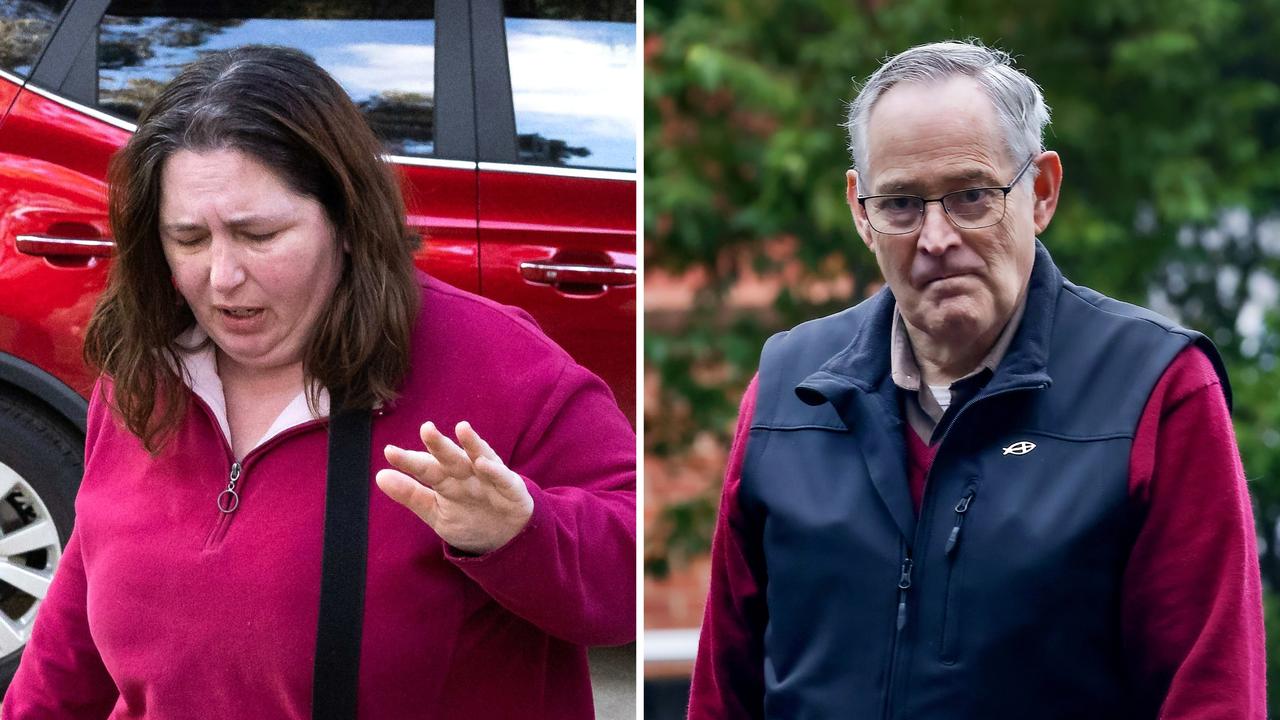Childcare access should not depend on postcodes, says Fiona Stanley
Too many Australian children were missing out on childcare due to where they live or their parents’ socio-economic status, leading child health advocate Fiona Stanley says.

Access to early childhood learning and care is too often determined by a child’s postcode, leaving one in five children developmentally vulnerable by the time they start school, child health researcher and advocate Fiona Stanley says.
Despite $14.8bn a year flowing into the childcare system from state and federal governments, one in five children are being left developmentally vulnerable by the time they started school, Professor Stanley says.
In an opinion piece in The Australian, the former Australian of the Year writes that while it is “important” the Albanese government has signalled an intention to create a system of universal early childhood learning and care, “a lot more needs to be done to improve affordability and accessibility”.
“Unlike other universal systems such as kindergarten, the ECEC system operates primarily within a commercial framework, with about 70 per cent of long daycare services delivered by for-profit providers.
“The childcare subsidy aims to ease the financial burden on families, but the system operates like a business, with services and prices driven by market demand.
“This often leads to services being concentrated in wealthier areas, making access to quality early childhood education heavily dependent on location and socio-economic status, leaving those most in need without support,” Professor Stanley says.

Last week, the Centre for Policy Development proposed a childcare system where children received at least three days a week early childhood education and care for $10 a day, with low-income families getting free access.
The report said there were potential flow-on benefits to the economy of $18.8bn a year in tax revenue and savings, and a further $10bn boost from savings such as better health and reduced welfare.
Anthony Albanese responded to the report by saying his government had “an ambition for universal childcare”, seeing it as a “national asset” similar to Medicare and superannuation.
The Prime Minister said the government would examine the findings of a Productivity Commission report into affordable childcare before moving on further reforms. It pumped an extra $5.4bn into childcare subsidies in its first budget.

The PC’s draft report last year proposed low-income families receive access to three days of fully subsidised care.
Early Childhood Education Minister Anne Aly told parliament on Monday that Labor had a vision for universal early childhood education and care and had “already delivered affordable early learning for more than a million families across the nation”.
Professor Stanley backed the CPD report, saying governments needed to take on the role of system stewards of childcare “rather than relying on the market to dictate where services are located and how much they cost”.
“It would ensure disadvantaged children and families, and First Nations communities, receive the level and type of support they need,” she said.







To join the conversation, please log in. Don't have an account? Register
Join the conversation, you are commenting as Logout